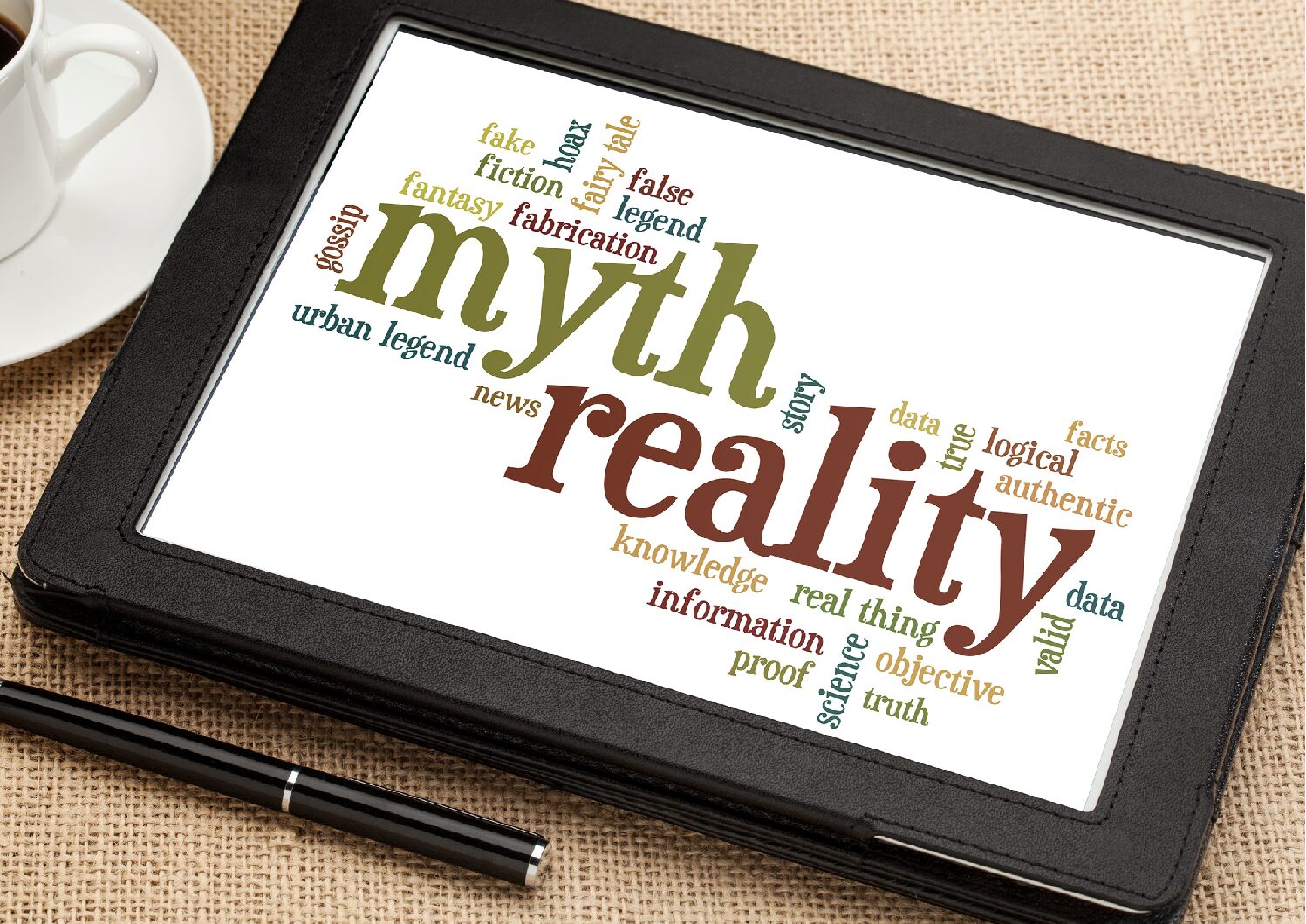Eating Disorders can be confusing and surrounded by myths. We caught up with Holly Lynn, Counsellor here at Talk works who has 6 years of experience working with those who not only have been diagnosed with an eating disorder but who also recognise they use food as a way to help manage emotions/ difficult life events. Here are some of the most common myths about eating disorders.
PEOPLE WITH EATING DISORDERS ARE UNDERWEIGHT.
This isn’t true, the majority of people with eating disorders are a healthy weight or overweight. Anorexia is often the first image that comes to mind, anorexia is where food restricted and a low body weight is maintained. It is not the most common, in fact 92 % of all eating disorders are not anorexia.
Bulimia is a common eating disorder, this is where people may secretly eating large amounts of food and then purge by self induced vomiting and/or the use of laxatives to get rid of the calories consumed. Excessive exercise can also be used.
Binge Eating Disorder (BED) is where large amounts of food are consumed over a short period of time with a sense of loss of control.
Other Specified Feeding and Eating Disorders (OSFED) is the most common this is for those who do not meet the full criteria for anorexia, bulimia or BED.
For years BMI has been used as an indicator for eating disorders however this is now seen as problematic as it excludes a substantial number of people. In a recent article published in the medical Journal the Lacent a study found that by including BED and OSFED resulted in 41.9 million additional cases of Eating Disorders!
IT IS ONLY YOUNG WOMEN WHO SUFFER FROM EATING DISORDERS.
Whilst eating disorders are more common in women, 25 % of all those with anorexia are male. Sadly men have a much higher chance of dying from an eating disorder as they often go undiagnosed.
Whilst most eating disorders may start in teenage years, people of any age can have an Eating Disorder. I have worked with clients aged 16 to 66 years old.
Eating disorders do not discriminate and can happen to anyone regardless of gender, age, ethnicity and class.
EATING DISORDERS ARE ABOUT CHOICE, VANITY, AND ATTENTION
Eating disorders are complex mental health problems and are often used as a way to help manage difficult emotions connected to life events.
Whilst there may be a connection to body image eating disorders are not about wanting to look a certain way.
People with eating disorders are not attention-seeking in fact they go to great lengths to hide their eating disorder behaviour.
PEOPLE CANNOT RECOVER FROM EATING DISORDERS.
People can and do make a recovery from eating disorders. It can take years approximately 7 and setbacks are common and normal.
Due to the complex nature of eating disorders specialist support is often needed. This can be physical health checks from a GP and nutritional advice from a Dietician.
A mental health intervention is also needed this can be Cognitive Behaviour Therapy (CBT) or Counselling. It is often in therapy that those who suffer from an eating disorder can be honest and open about their eating disorder for the first time in their lives. It is also a space to process difficult emotions and life events.
RESOURCES:
Eating Distress North East (EDNE):
EDNE is a local organisation in Newcastle offering free support services for those who are suffering from eating disorders and distress or those who are watching their loved ones in this situation.
These support services range from counselling services to educational workshops and support groups that help you to better your own wellbeing or guide you through a difficult time.
If you feel like you need help, you can either self-refer or visit your GP and ask them to refer you to the EDNE service. More information about how to do this is available on their website: https://www.edne.org.uk/
BEAT Helplines:
BEAT also have email support and a telephone helpline open 365 days a year that you can call for either support or further information about eating disorders.
These helplines are open to anyone (so you don’t have to have an eating disorder) and are available in England, Northern Ireland, Scotland and Wales: https://www.beateatingdisorders.org.uk/get-information-and-support/get-help-for-myself/i-need-support-now/helplines/

